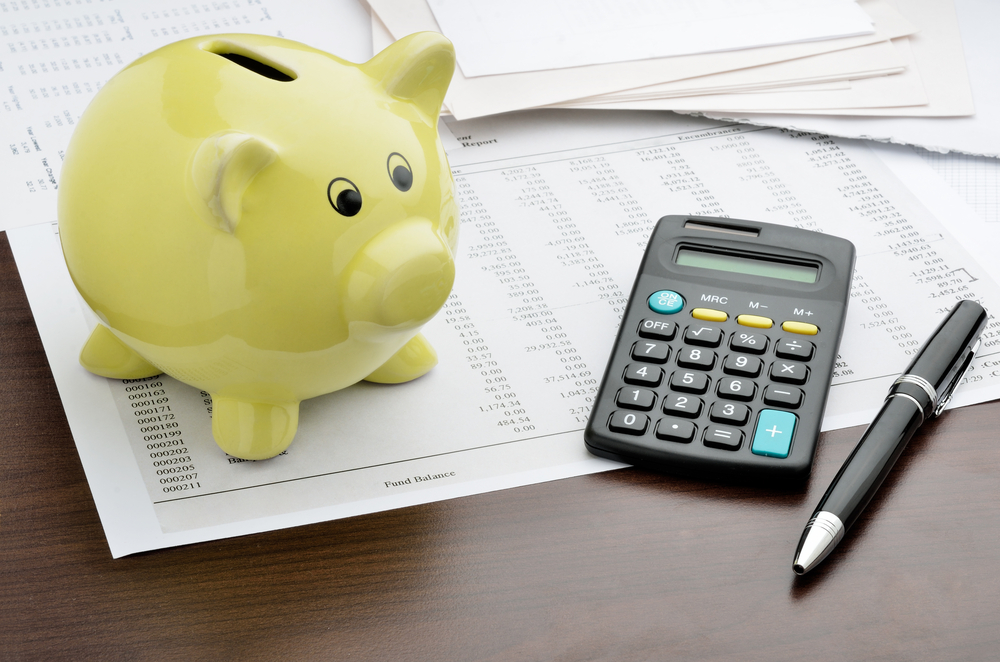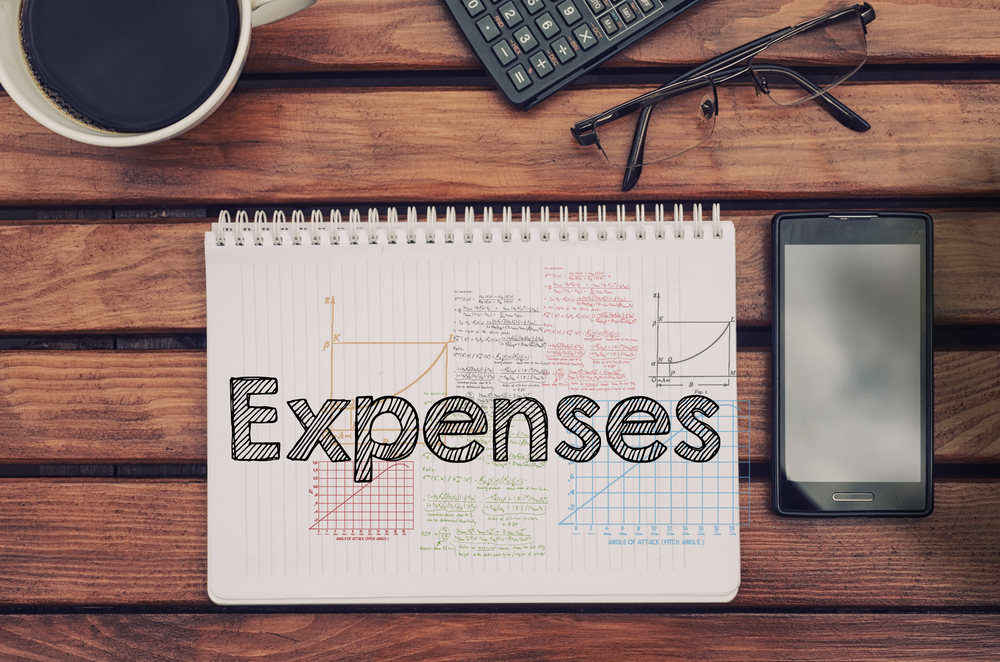Being broke in college didn’t pose too much too much of a threat to your existence. Those were the days when alcohol, coffee, and instant noodles were enough to give you the energy needed for a day of classes. When you step out in the real world, though, being broke could land you in a lot more trouble than not submitting an assignment on time.
But if you take some time out to indulge in some simple math, you could make sure you always have enough money for the things you really need. For the uninitiated, we’re talking about making a budget.
Here’s how you can plan out a budget that you can actually stick to.
- Getting Ready
Before you sit down to prepare a budget, you’re going to need a little bit of prep. Here’s a list of things you’ll have to gather:
- Your last few bank statements
- Household bills for a couple of months
- Credit card bills
Once you’ve got these in hand, you can move on to the next, and possibly most crucial step in setting a budget.
- How Much Are You Spending Now?
If you really want to organise your finances, you need to figure out exactly how much you’ve been spending over the last few months. Try to best to list down all your major expenses to the best of your memory and organise them into necessary and unnecessary categories.
Then, make a note of your recurring monthly expenses and strike them out of this list. Doing this will help you figure out the things you’re spending money on but really shouldn’t be.
- How Much Do You Make?
This isn’t as simple as just knowing what your paycheck gives you. If you use a credit card or if you’re paying back some sort of loan, calculate that amount and subtract it from your salary. The number you get is your actual net worth. That’s the amount of money you have to spend on yourself each month.
- Identifying Where Not To Spend
By now you should have a fair idea of what exactly it is that you really need to spend on in order to comfortably handle your recurring expenses and also lead a normal life. Figuring out what your actual needs are and separating them from your wants is where the challenge really lies.
Sometimes you may have to let go off a few things you need just to make sure that you don’t overshoot your earnings. Ideally you should set a budget where you always have some amount of money leftover for emergencies. You never know when an accident could happen and not having money to pay for travel or medical expenses isn’t a favourable situation for anyone.
- Tracking Your Expenses
Just planning a budget isn’t enough. You need to be able to follow through with it as well. And the easiest way to do that is by tracking your expenses regularly. First clear off your bills, then make a note of how much you have left. Depending on that, allocate your funds to the different things that you need. If something doesn’t seem important, let it go. The more you save now, the more you’ll have to spend later, especially if you end up needing a large amount of money for something urgent.
If you’re looking to cut down on your expenses, try logging on to Quikr. You can find great deals on used and new products and always keep your spending down to a minimum.




